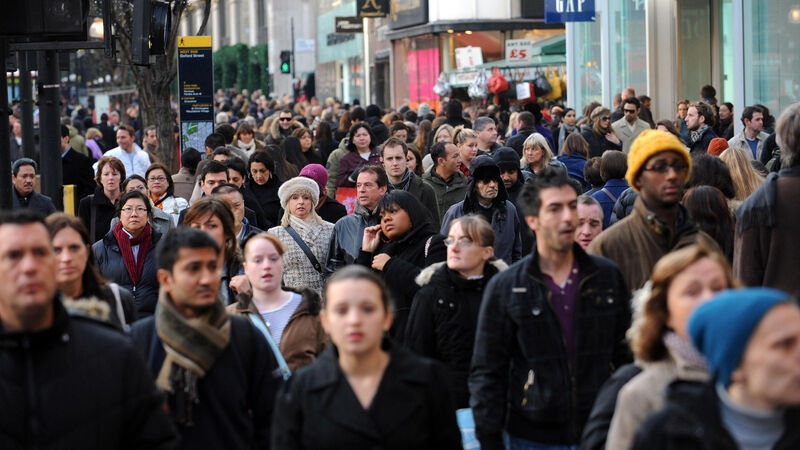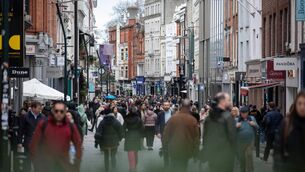British consumers hit the shops again in sign economic recession may end

Analysts linked some of the increase in sales volumes to consumers taking advantage of discounts.
British retail sales jumped by the most in almost three years in January as consumers recovered their appetite for spending, suggesting the economy could emerge quickly from its recession in the second half of last year.
Sales volumes increased by 3.4% from December, much stronger than the median forecast of a 1.5% increase in a Reuters poll of economists.











